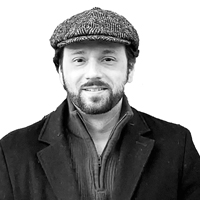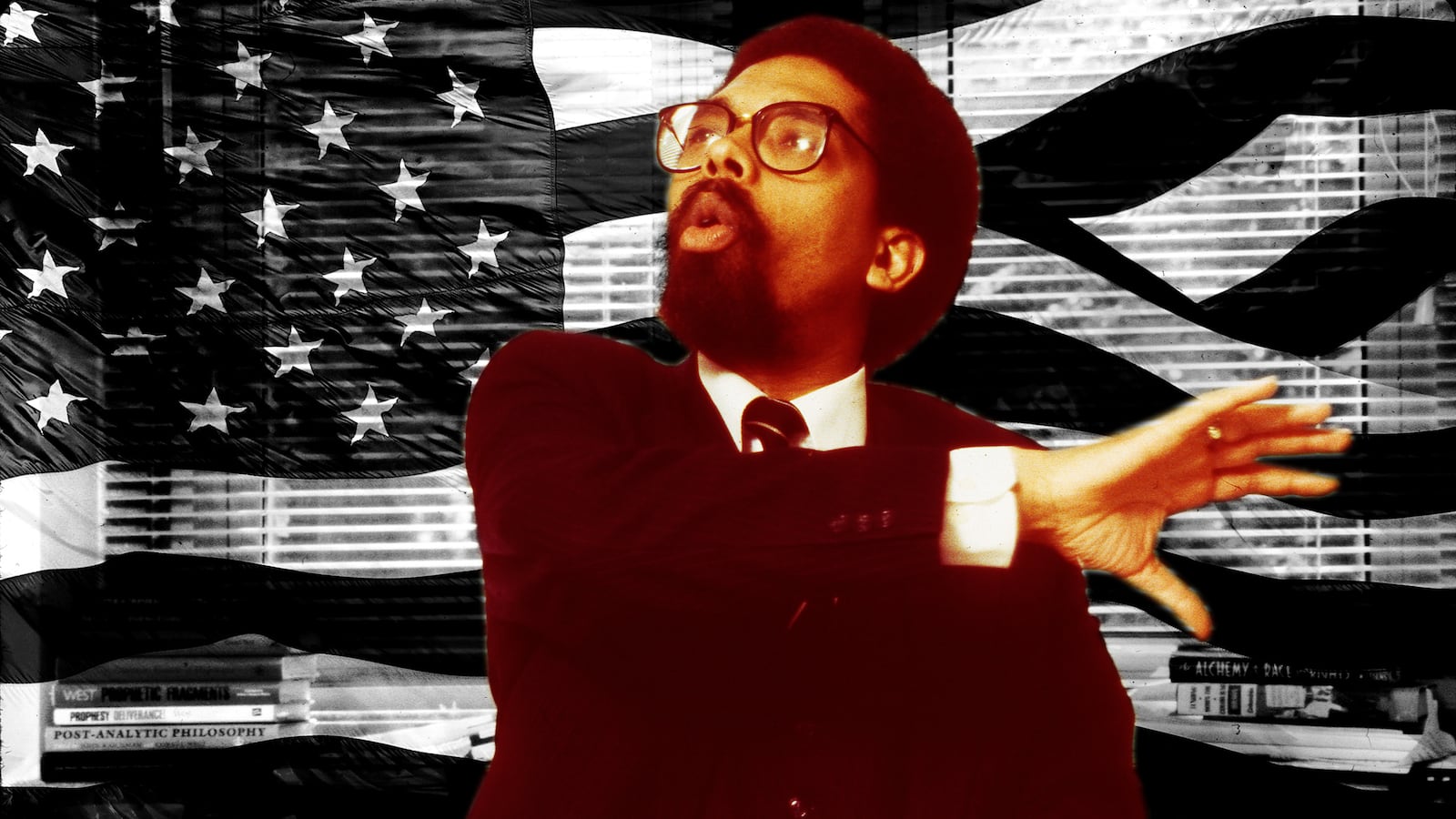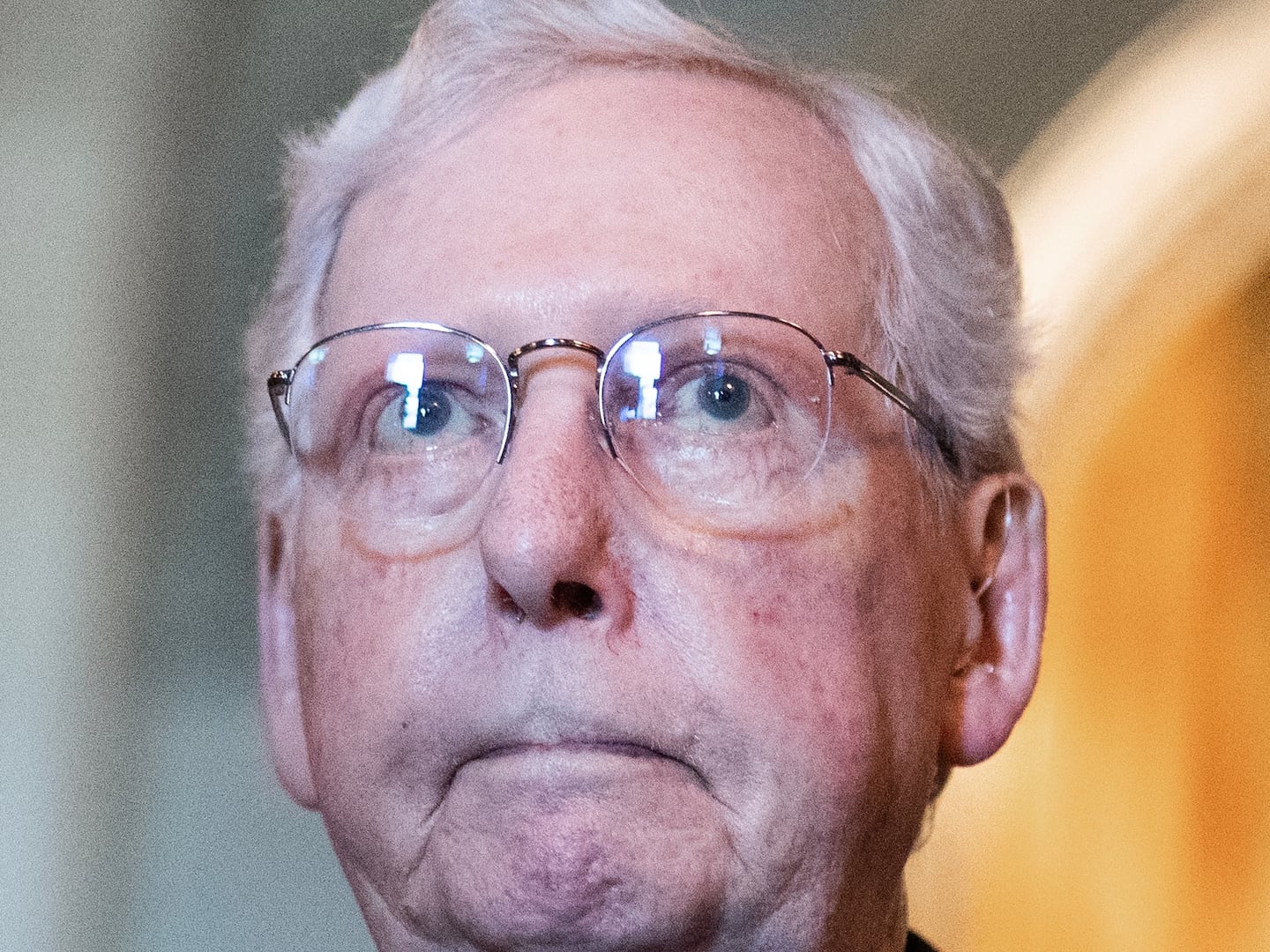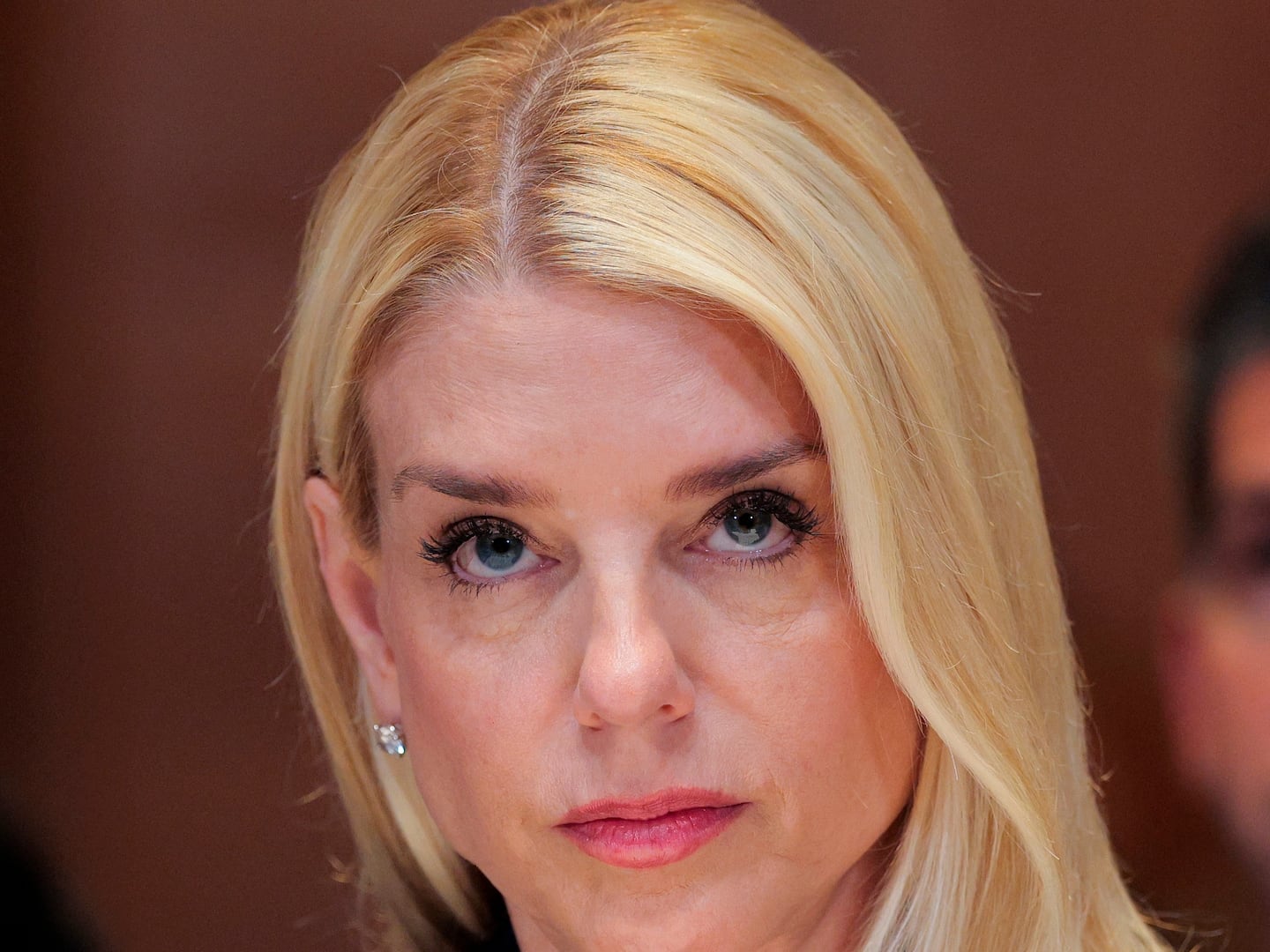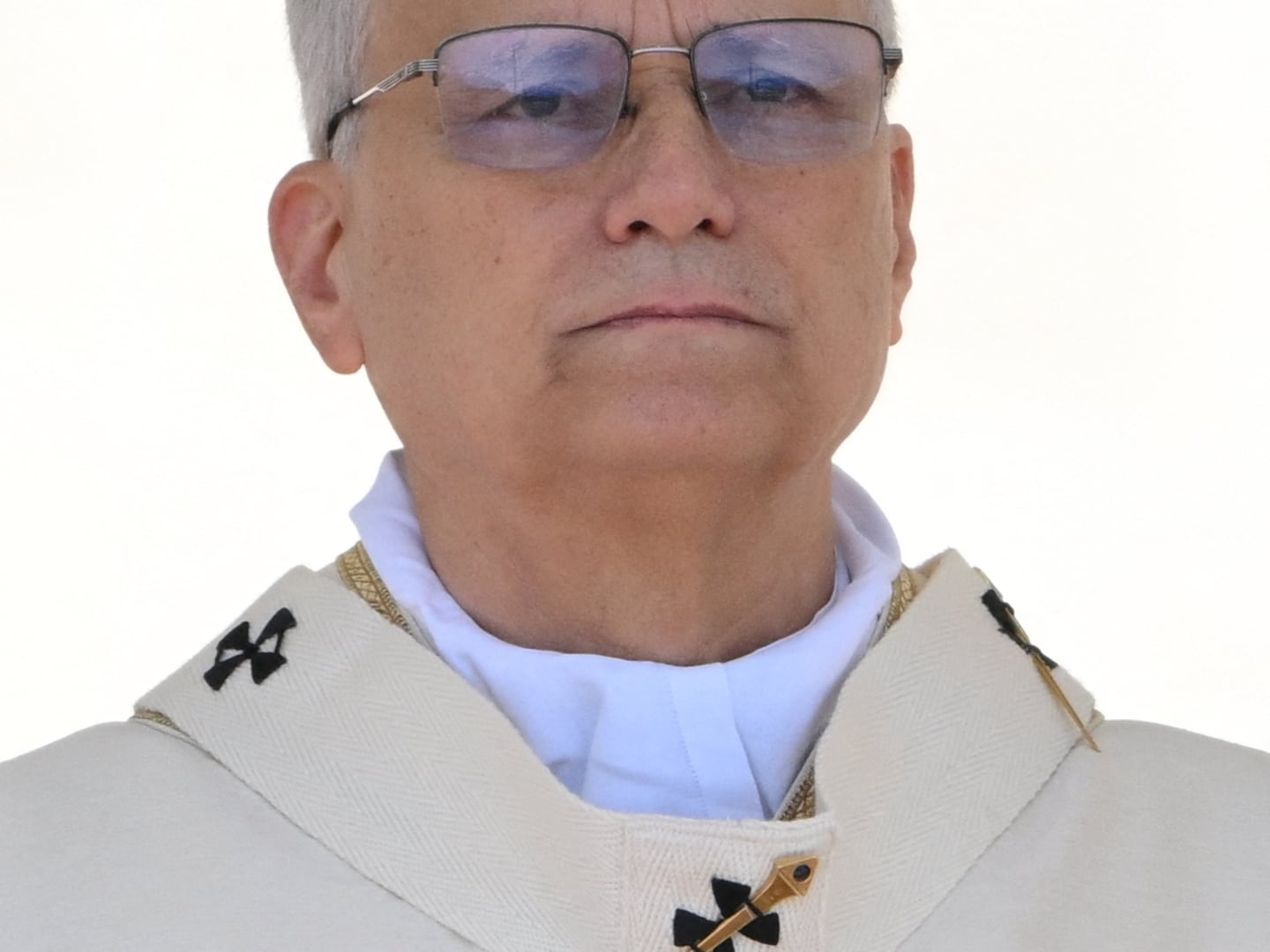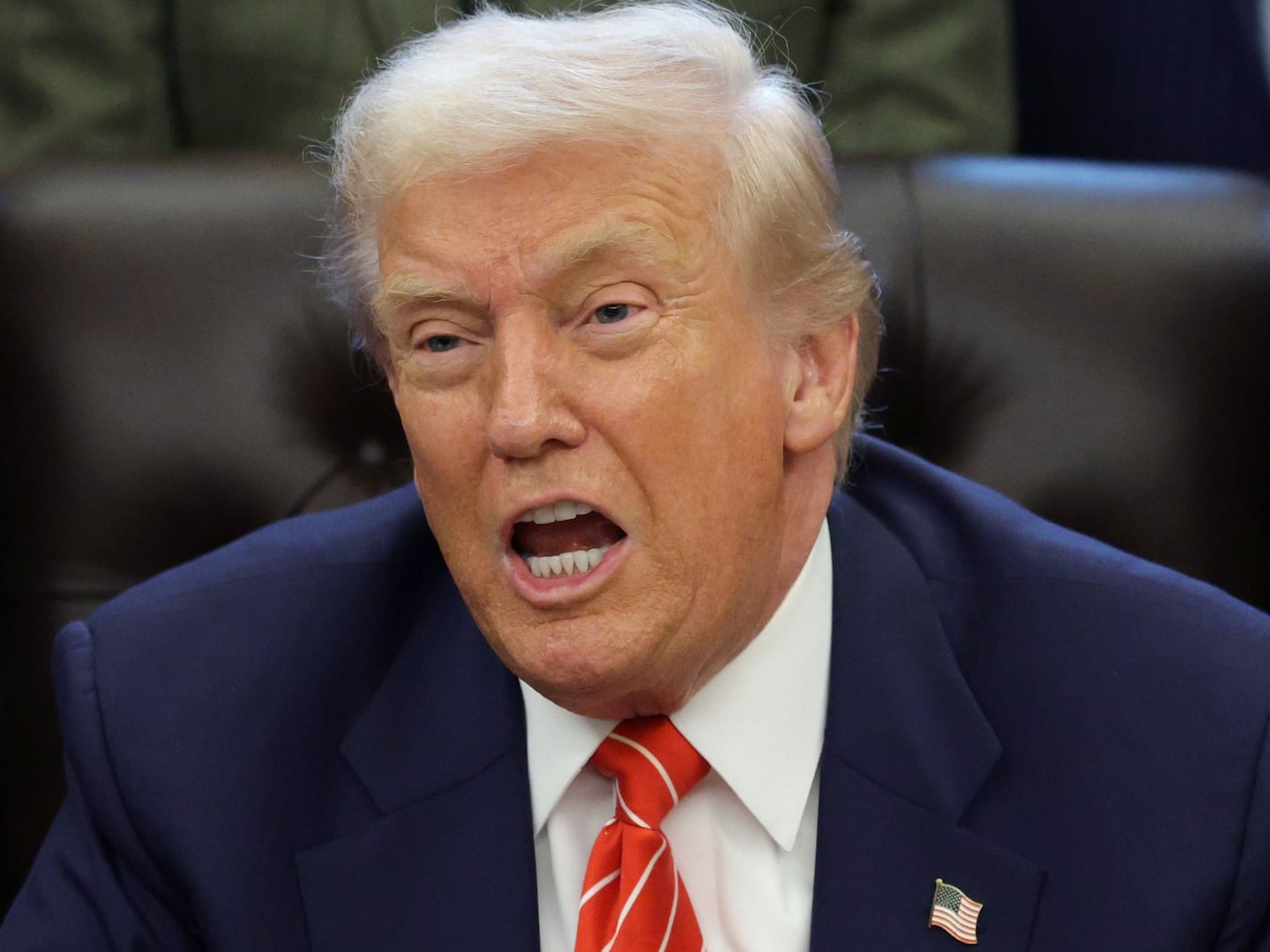Tavis Smiley, the PBS talk show host and close friend to Cornel West, often credits West with having a “useable intellect.” Unlike many academics, Smiley contends, West provides analysis and insight that reaches far beyond the academy, possessing the power to enlighten and inspire everyday people.
For a long time, Smiley’s praiseful assessment of West was true. The publication of West’s most popular book, Race Matters, in 1993 demonstrated that he was one of the best cultural critics in American political debate. He could combine compelling elements from sociology, philosophy, and economics to present a challenging, but fascinating account of American race relations, democracy, and popular culture. During the height of the hideous Bush years, West brewed the same intoxicating tonic with Democracy Matters, and in doing so, gave beleaguered leftists the intellectual space to make sense of the Bush-Cheney nightmare of international aggression and domestic regression, and enough spiritual nourishment to inspire hope for a better day in American politics. West has also offered essential examinations of the essence and importance of African-American Christianity in Prophesy Deliverance!, his first book, and Prophetic Fragments.
At some point, West shed the skin of a public intellectual, and slithered into the second skin of a public personality. It is a transformation that is undetectable to anyone not paying close attention. The author and professor teaches at Union Theological Seminary and regularly lectures at colleges and churches around the country, but he stopped writing. His only real book since 2004’s Democracy Matters is a short manifesto against American public policy on poverty, The Rich and The Rest of Us, co-written with Tavis Smiley. There is nothing objectionable about The Rich and The Rest of Us, but it is a cover version of a hit performed better by other singers—Barbara Ehrenrich, Joseph Stiglitz, and William Julius Wilson, to name a few.
Redundancy and repetition are problems for West. Pull up videos of his lectures and television interviews on YouTube, and after the charm of his rhetorical mastery and charismatic articulation expires, you will notice that he recycles the same catch phrases, slogans, and talking points in appearance after appearance. Every public intellectual is guilty of this to a certain degree, but West offers devastating example after example. His moral critique of America’s largely immoral culture, which he expresses with entertaining wordplay, is enjoyable and persuasive, but if you’ve heard it once, you never need to hear it again. He’s like a great chef who cooks only one dish. Eventually, even the most enthusiastic diner will tire of going to his restaurant.
West’s new book, Black Prophetic Fire, is a strange and disappointing culmination of his metamorphosis from philosopher to celebrity. Keeping with his pattern of not solely authoring any books in the past ten years—even his memoir had a co-writer—it is a collection of interviews summarizing and analyzing the historical importance and contemporary relevance of key black leaders, including Malcolm X, W.E.B. Du Bois, and Ella Baker.
West chose wisely when he made Christa Buschendorf his interviewer. Buschendorf is a professor of American Studies at Goethe-Universitat in Frankfurt, Germany, and the international perspective she brings to her role as interlocutor underscores an essential point about the contributions of African-American traditions in politics, literature, philosophy, history, and theology. The African-American intellectual treasure chest contains gems valuable to anyone anywhere. Too often neglected even in America, with the obvious exception of music, the cultural and political greatness of black life has international applicability, and is worthy of study around the world. West makes this point himself in one of his few fine moments in Black Prophetic Fire, when he predicts that Martin Luther King will become a meaningful symbol of resistance to oppression, and commitment to social justice, in South America and Africa.
Black Prophetic Fire aims to serve an important purpose in an era when there is increasing pressure and lucrative rewards for black leaders to follow the Barack Obama-Deval Patrick-Cory Booker model by moderating, moving to the center, and after gaining power, governing as a soft Democrat. “The presence of a Black president in the White House complicates our understanding of the Black prophetic tradition,” West writes in the introduction. “If high status in American society and white points of reference are the measure of the Black freedom movement, then this moment in Black history is the ultimate success. But if the suffering of Black people—especially Black poor and working people—is the ultimate measure of the Black freedom movement, then this moment in Black history is catastrophic—sadly continuous with the past.”
The ascendancy of black leaders to the White House, the Senate, and governors’ mansions, contrary to the assumptions of conservatives and moderate Democrats, does not nullify the need for a Black freedom movement that furthers the march of icons West identifies in his new book. Mass incarceration, vicious educational disparities and segregation along racial lines, police brutality, and lack of opportunity for economic mobility among the black poor do not cause less pain, break fewer hearts, or magically vanish because Barack Obama became president. Critical and radical thinkers like Cornel West are necessary to confront an America too quick to fall into the cultural blindness and political complacency of “post-racial” mythmaking.
For historical and political reasons, the concept of Black Prophetic Fire is excellent. It's the delivery that’s awful. Most of the chapters consist of West not giving any real insight into the subject, but using the subject as an occasional reference point in riffs on a wide variety of contemporary topics. The book fails to serve as a useful introduction to the leaders, because West and Buschendorf give hardly any biographical information, but it also fails to deepen or broaden the understanding of the leaders. It has no immediate purpose for an undergraduate looking to learn about black history and politics, or a seasoned reader looking for new and interesting ways of considering much explored historical figures.
There are moments in the dialogue that have absolutely no value, and are fascinating only for their inclusion in the book. For example, when Buschendorf makes reference to a new book comparing Frederick Douglass to Herman Melville, West says that he has not read it, and then goes onto to imagine that such a comparison is “powerful” and “quite interesting.” West doesn’t have to read every book in existence, but such a passage—and it isn’t the only one of its kind—begs the question, why not eliminate such speculative rambling from the book?
When West references books he has read, the analysis is often just as superficial. Discussing Douglas Blackmon’s excellent Slavery By Another Name, he only offers a back-of-the-book style summary, and concludes that it is a “powerful text.”
Lack of elaboration is a virus that continually infects the book, sometimes having a sickening effect on the reader. It is particularly bad, and rather loathsome, when he harshly criticizes his contemporaries, offering no evidence or even argumentation to support his ridicule. Noam Chomsky has a “limited grasp of the role of the nonrational (sic)”, believes that all people need to do to become activists is hear his analysis, and turns reason into a “fetish,” “idol,” and “false form of religiosity.” Although Chomsky is an atheist, he has often written and spoken about cooperating with Latin American priests, the importance of liberation theology, and the destructive influence of emotional manipulation from political propaganda and corporate advertising. West provides no support for his dismissal of Chomsky as a delusional Cartesian, other than a private conversation he claims to have had with the political philosopher.
The late Christopher Hitchens is another atheist West rebukes without even an attempt to engage his work. Hitchens, West tells readers, was a “sophomoric atheist” who fell into the “narrow reductionist traps of scientistic, positivistic ties to science.” As little as that sentence makes sense, it seems West is attempting to label Hitchens as a one dimensional materialist. It is clear Hitchens had no use for the supernatural or spiritual, but his alternative to religion was not merely scientific. He wrote that “philosophy begins where religion ends,” and that literature presents the “greatest opportunity for moral inquiry.” West’s ignorance or evasion of Hitchens’s and Chomsky’s basic perspectives reveals either a dishonest streak or intellectual laziness.
His attack on Jesse Jackson—a repetition of the tired trope that the civil rights leader is “addicted to the camera”—is not only lazy, but an exercise in the painful hilarity of irony. West’s back of the book biography states, “He appears frequently on Real Time with Bill Maher, The Colbert Report, Democracy Now, CNN, C-SPAN, and other national and international media.”
West’s own affection for the camera and applause leads him to obliviously betray a double standard in his judgments. Bill Maher, who for all his wit and charm, has almost none of the depth of Hitchens, is not a “sophomoric atheist,” but a “prophetic” one, because he, in the words of West, “has played such an important role in giving me tremendous exposure around the country and the world in his TV shows.”
Most public intellectuals have large egos, but West’s is seemingly so out of control that he has no shame in all but admitting that it is what motivates his evaluations. He treats Louis Farrakhan with an amazing sensitivity, because he has had “wonderful dialogues with my dear brother.” West claims to privately “push him” on his anti-Semitism, misogyny, and homophobia, but none of that comes out in the book. Instead West assures readers that Farrakhan “always pushes me in a powerful way.”
The “wonderful dialogue” is a reoccurring reference for West, who is constantly identifying famous people he has met. Throughout the entirety of Black Prophetic Fire, he seems to use his celebrity to make the amateur error of arguing by authority. He criticizes people without offering evidence, he praises people on the basis of knowing them personally, and he even uses his imagination to make wild speculations. There is a long passage in which he gives a fictional exchange that he believes would have taken place if Malcolm X and Martin Luther King had ever met and discussed the future of America.
It is a shame that West did not take seriously his own book, because given his celebrity and his widespread appeal among college students, it could have helped spark a timely renewal and revitalization of one of America’s greatest, and most often neglected, political and cultural movements.
West does show flashes of brilliance in the chapter on Ida B. Wells, a pioneering figure in the anti-lynching campaign of the late 19th century. “Wells is the exemplary figure in the face of American terrorism, which is Jim Crow and Jane Crow, when lynching occurred every two and a half days for over fifty years,” West says. His framing of Wells’s mission to end terrorism in America against the current “war on terror” and American exceptionalism as a means of understanding terrorism is innovative and insightful. It reveals the hypocrisy and absurdity of American foreign policy, and the dangerous stupidity of its flag waving culture. When West is hitting the mark, he is a joy to read. Unfortunately, due to lack of effort, he is missing more than hitting in Black Prophetic Fire.
As his past achievements and current popularity prove, West is a towering intellectual with the power, brilliance, and substance to enhance and elevate American liberalism and culture. Anytime he wants to come back to work, he’s welcome.
David Masciotra is a columnist with the Indianapolis Star, and the author of Mellencamp: American Troubadour, forthcoming from the University Press of Kentucky.
